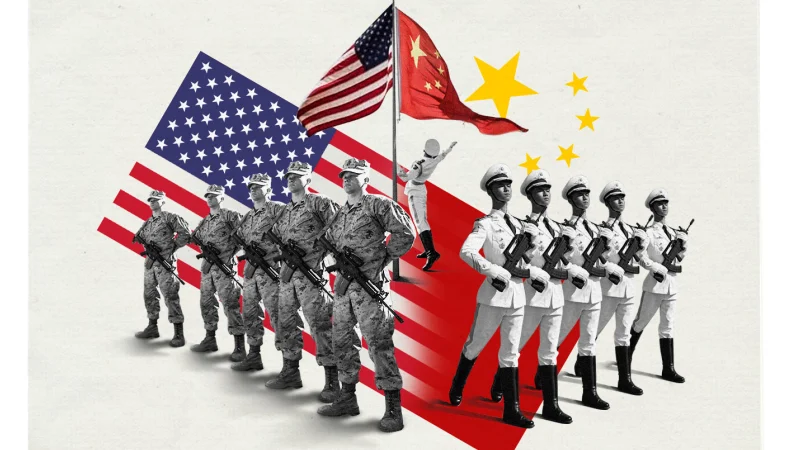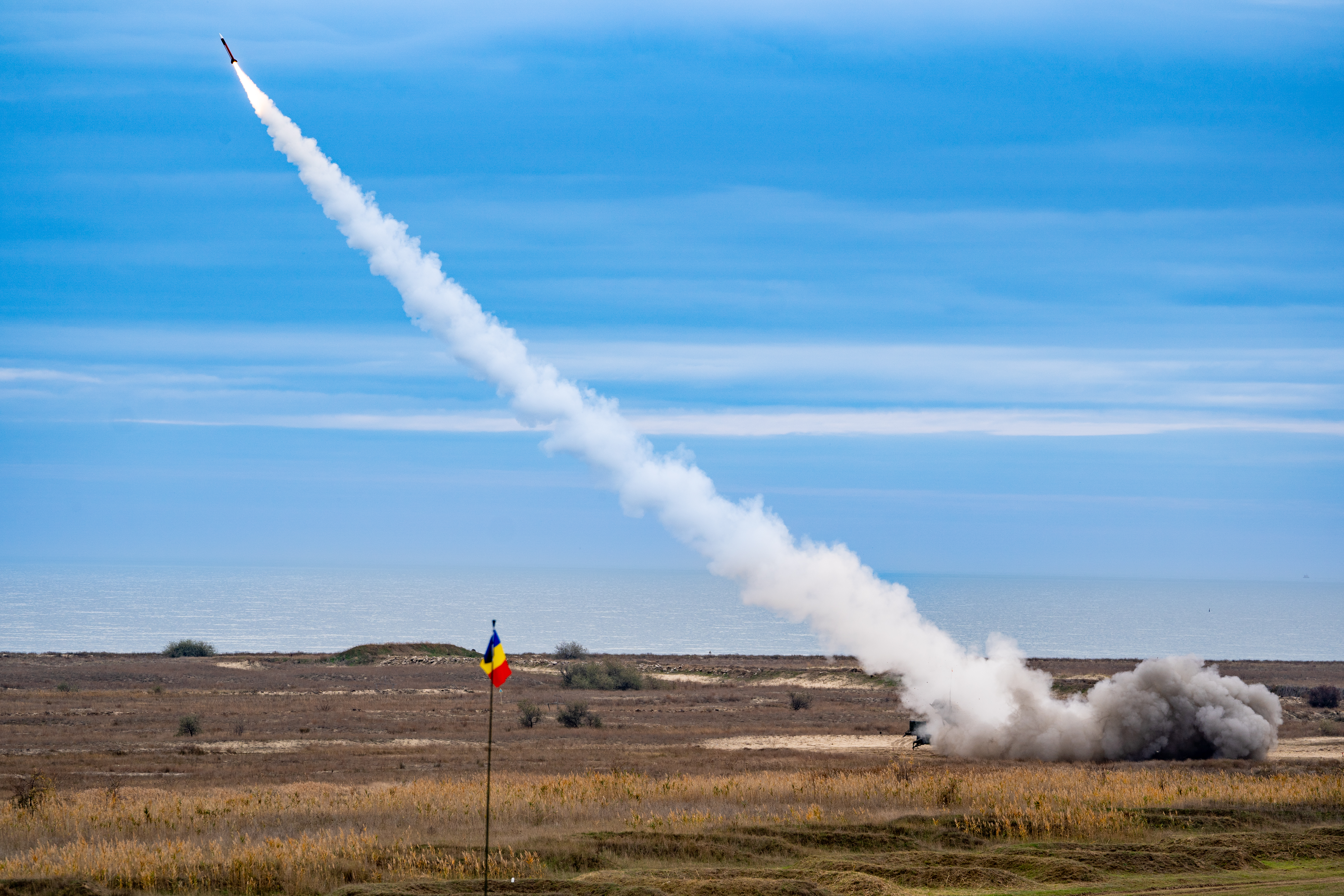The prospect of a military conflict between the United States and China over Taiwan has raised alarm bells around the world. This in-depth analysis delves into the historical context behind the tensions, the likelihood of war, and the potential consequences for all countries involved. Understanding the complex relationship between these nations is crucial to grasping the implications of a potential armed conflict.
Historical Context: The Roots of the Taiwan-China Divide
To understand the current tensions between China and Taiwan, we must first explore their shared history. In 1949, the Chinese Civil War ended with the defeat of the Chinese Nationalist Party (Kuomintang or KMT) by the Chinese Communist Party (CCP). The KMT, led by Chiang Kai-shek, fled to the island of Taiwan, where they established the Republic of China (ROC). Meanwhile, the CCP founded the People's Republic of China (PRC) on the mainland.
Since then, both the ROC and the PRC have claimed to be the legitimate government of China. The PRC considers Taiwan a renegade province that must be reunified with the mainland, while Taiwan has increasingly sought to establish its own identity and maintain its autonomy. Over the years, the United States has played a significant role in maintaining the delicate balance between these two nations, providing Taiwan with military support and diplomatic assistance.
The likelihood of a war between the United States and China over Taiwan depends on several factors, including geopolitical developments, military capabilities, and the domestic and international political landscape.
China's growing economic and military power has led to increased assertiveness in its territorial claims, including those in the South China Sea and the East China Sea. Tensions have also risen between China and the US over trade and technology. These issues have further strained relations between the two superpowers, raising the stakes in any potential conflict.
China has rapidly modernized its armed forces, with a focus on developing capabilities to deter or defeat US intervention in a potential Taiwan conflict. Meanwhile, the US has maintained a strong presence in the Indo-Pacific region, including military alliances with countries such as Japan, South Korea, and Australia. The balance of power in the region remains uncertain, making it difficult to predict the outcome of a potential conflict.
Domestic politics in both China and the US, as well as international diplomatic efforts, could play a role in determining the likelihood of war. A nationalist surge in China or a change in US policy could tip the balance, while international diplomatic efforts might help to defuse tensions.
The Human Toll: Consequences of a US-China War over Taiwan
A war between the United States and China over Taiwan would have devastating consequences, not only for the countries involved but also for the entire world. Casualties would likely be significant, as both nations possess advanced military technologies and weaponry.
In a conventional conflict, the number of casualties would depend on the scale and duration of the fighting, as well as the strategies employed by both sides. Urban warfare and missile strikes could result in heavy civilian casualties in both Taiwan and mainland China, while US military personnel would face significant risks in a direct engagement with China's armed forces. Additionally, a protracted conflict could lead to the destruction of critical infrastructure and the displacement of millions of people.
Beyond the direct casualties from military action, a war between the US and China could lead to a widespread humanitarian crisis, with ripple effects felt around the globe. Disruptions to global supply chains, particularly in the technology and manufacturing sectors, could lead to economic instability and job losses. Furthermore, the displacement of populations and the strain on resources could result in food shortages, public health crises, and increased poverty.
One of the most concerning aspects of a potential US-China conflict is the risk of escalation. As tensions rise, there is a possibility that either side might resort to nuclear weapons, which would have catastrophic consequences not only for the combatants but for the entire world. Even a limited nuclear exchange would cause immense suffering and long-lasting environmental damage, while a full-scale nuclear war would be nothing short of apocalyptic.
At the end a conflict between the US an China will directly depend on a multitude of factors, including geopolitical developments, military capabilities, and domestic and international politics. Nonetheless, the consequences of such a conflict would be disastrous for all parties involved and for the world at large. The human toll, in terms of direct and indirect casualties, as well as the potential for escalation to a nuclear conflict, should serve as a sobering reminder of the importance of diplomacy, dialogue, and cooperation in maintaining peace and stability in the region.










